
Your Toyota Echo‘s ignition switch is one of the most vital items on the entire vehicle. If it fails, the entire vehicle won’t be able to run.
We’ve compiled some of the most common symptoms of a bad ignition switch. These include stalling issues, not starting, and no power to the radio or accessories.
Function of an Ignition Switch
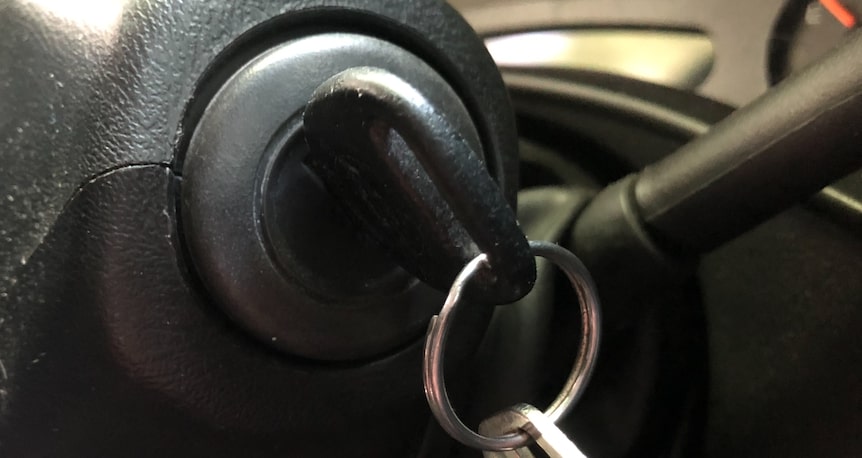
The ignition switch is a critical component of a vehicle’s electrical system that plays an important role in starting and stopping the engine.
The Echo’s ignition switch is not what your key goes into. That is called the lock cylinder. The ignition switch typically sits directly behind the lock cylinder. It has three main functions.
It is usually located on the steering column, and when the key is inserted and turned, it activates the electrical system of the car.
The ignition switch has several functions, including:
- Providing power to the starter motor: When the key is turned to the “start” position, the ignition switch sends an electrical signal to the starter motor, which then cranks the engine.
- Activating the fuel pump: As the ignition switch is turned on, it sends power to the fuel pump, which then pumps fuel from the gas tank to the engine.
- Providing power to the ignition system: The ignition switch also sends power to the ignition system, which then ignites the fuel in the engine cylinders and starts the combustion process.
- Controlling other electrical systems: The ignition switch can also control other electrical systems in the car, such as the radio, headlights, and windshield wipers.
Symptoms of a Bad Ignition Switch
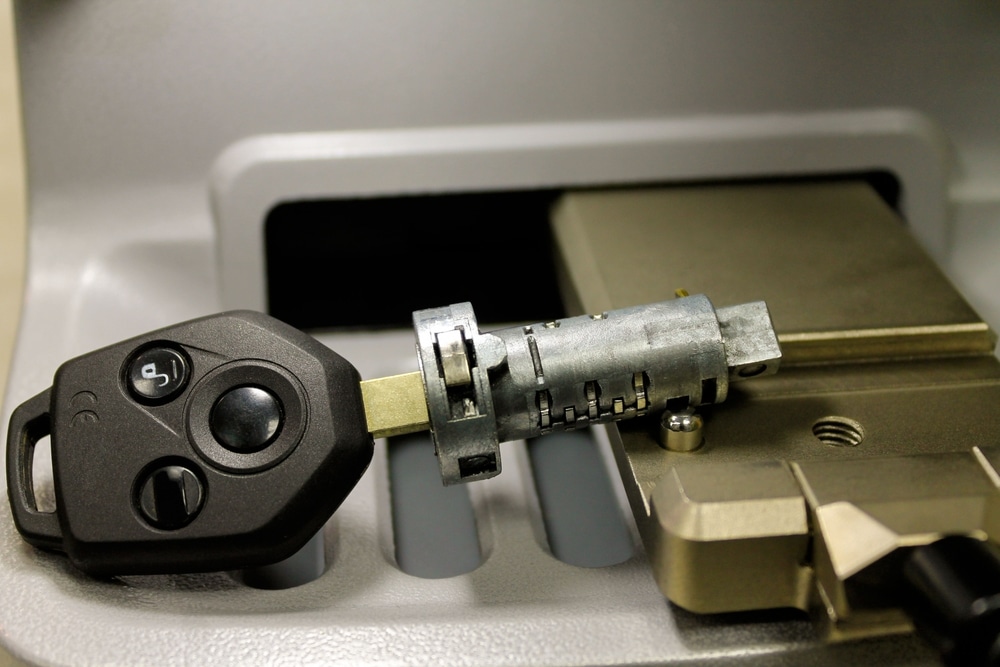
When the ignition switch of a Toyota Echo goes bad, it can cause a range of symptoms that can negatively affect the vehicle’s performance. Here are some of the most common symptoms of a bad ignition switch:
Carortruck Won’t Start
One of the most obvious signs of a bad ignition switch is when the car won’t start. When the key is turned, the ignition should turn on and send a signal to the starter motor to turn. If this doesn’t happen, it could be due to a bad ignition switch.
Stalling
Another symptom of a bad ignition switch is stalling. If the ignition switch fails at the “on” position, it may result in the vehicle starting and then immediately stalling. This could be due to a momentary power supply to the fuel pump and ignition system when the switch is in the cranking position.
Intermittent Loss of Lighting and Other Accessories
A bad ignition switch can cause intermittent loss of lighting and other accessories. This could be due to broken springs, worn ignition switch contacts, or temperature problems.
No Start
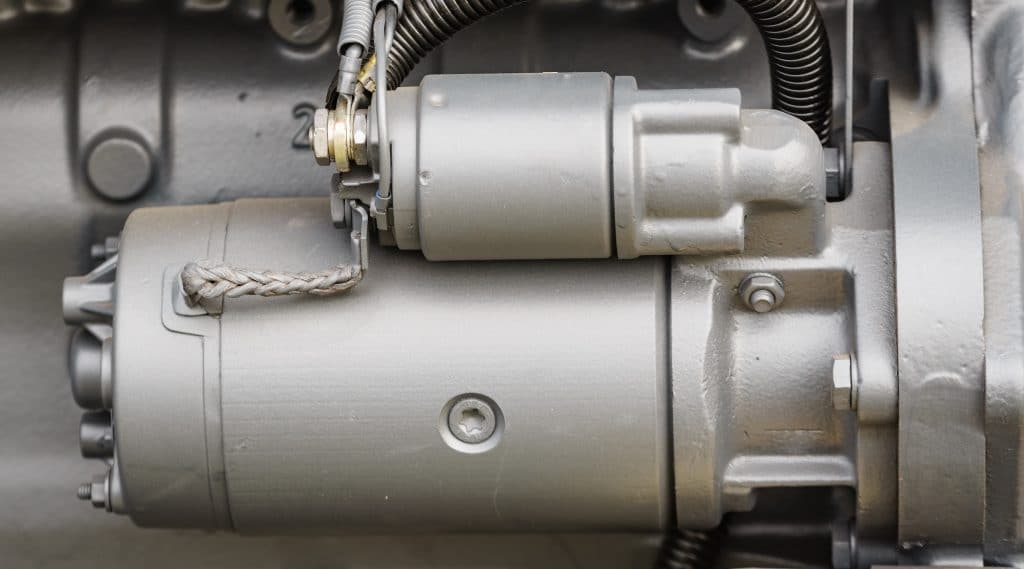
A bad ignition switch can also cause a silent starter motor. This is when the starter motor doesn’t make any noise when the key is turned. It could be due to a lack of power supply to the starter motor.
Difficulty in Turning the Key
If the key is difficult to turn or requires a lot of strong twisting and jiggling, it could be due to a bad ignition switch.
If you notice any of these symptoms, it is important to have the ignition switch checked by a professional mechanic. Ignoring these symptoms could lead to further damage to the vehicle and potentially dangerous situations on the road.
Troubleshooting a Bad Ignition Switch

If you are experiencing issues with your Toyota Echo ignition switch, there are a few steps you can take to troubleshoot the problem before seeking professional help. I
n this section, we will outline some initial diagnostics and professional evaluation options.
Initial Diagnostics
The first step in troubleshooting a bad ignition switch is to check for some common symptoms. These include:
- The key is hard or impossible to turn in the ignition.
- The engine does not start or takes multiple attempts to start.
- The engine stalls or shuts off unexpectedly while driving.
- The dashboard lights and accessories do not turn on when the key is turned.
For the last two items, a loose battery connection, corroded battery post, or bad battery cable is often the cause.
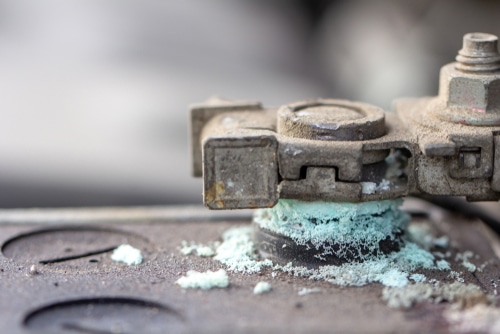
If you are experiencing any of these symptoms, it is likely that your ignition switch is faulty. However, before concluding that it is a bad ignition switch, it is important to check some other potential causes of these symptoms. These include:
- Dead battery or a weak battery
- Faulty starter motor
- Loose or corroded battery connections
- Bad spark plugs or spark plug wires
- Clogged fuel filter
- Low fuel pressure
Checking these potential causes can help you rule out any other issues before concluding that it is a bad ignition switch.
Professional Evaluation
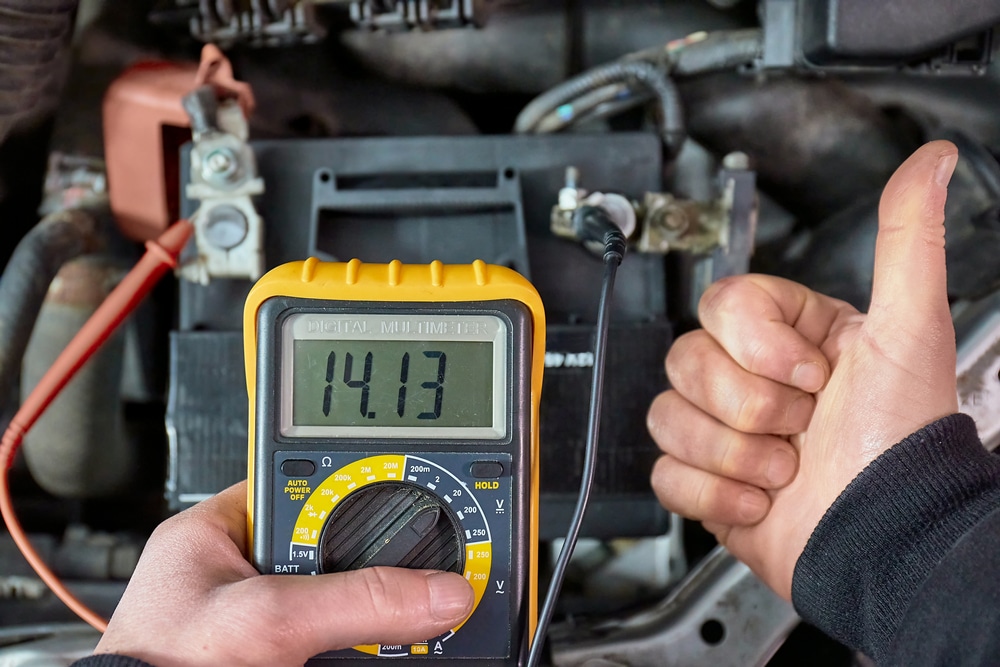
If you have ruled out other potential causes and are confident that you have a bad ignition switch, it is time to seek professional help.
A qualified mechanic can diagnose the issue and provide a solution. They may perform some of the following evaluations:
- Electrical testing to check for continuity and voltage drop across the ignition switch
- Physical inspection of the ignition switch and related components
- Replacement of the ignition switch if it is found to be faulty
It is important to choose a reputable mechanic who has experience working with Toyota Echo ignition switches. They will be able to provide a reliable diagnosis and offer solutions to fix the issue.
In conclusion, troubleshooting a bad ignition switch in your Toyota Echo can be done through initial diagnostics and professional evaluation.
By checking for common symptoms and ruling out other potential causes, you can determine if it is a bad ignition switch.
Replacing a Toyota Echo Ignition Switch
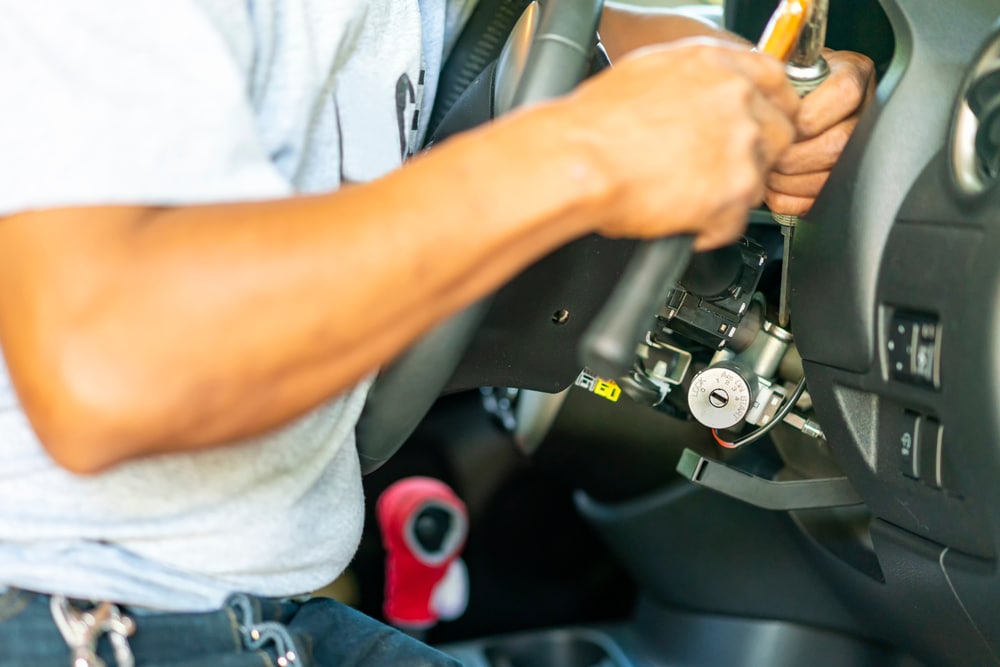
If you’re experiencing issues with your Toyota Echo’s ignition switch, it may be time to replace it. Ignition switch failure can cause a variety of problems, from intermittent failure of electronics to a no crank condition. Here are some steps to replace the ignition switch on your Toyota Echo.
DIY Replacement Steps
Ignition switch replacement can be challenging. And depending on your Echo’s model year, it can be more involved than the steps listed below.
Replacing the ignition switch on a Toyota Echo is a fairly straightforward process that can be done at home with the right tools. Here are the basic steps:
- Disconnect the battery: Before starting any work on the ignition switch, disconnect the battery to prevent any electrical accidents.
- Remove the steering column cover: Remove the screws holding the steering column cover in place, and then remove the cover.
- Remove the ignition switch: Locate the ignition switch and remove it by disconnecting the electrical connectors and removing the screws holding it in place.
- Install the new ignition switch: Install the new ignition switch by reversing the steps you took to remove the old one. Make sure to tighten the screws and reconnect the electrical connectors.
- Reconnect the battery: Reconnect the battery and test the new ignition switch to ensure it’s working properly.
Cost of Professional Replacement
If you’re not comfortable replacing the ignition switch on your own, you can take your Toyota Echo to a professional mechanic.
The cost of professional replacement will vary depending on where you go and the severity of the problem. On average, you can expect to pay anywhere from $200 to $500 for ignition switch replacement at a professional auto repair shop.
It’s important to note that the cost of parts and labor can vary greatly depending on the make and model of your vehicle, as well as your location. Be sure to get a quote from a few different mechanics before making a decision on where to take your Toyota Echo for ignition switch replacement.
Conclusion
In summary, a bad ignition switch can cause a lot of problems for a Toyota Echo owner. Symptoms of a bad ignition switch include difficulty starting the engine, the engine not starting at all, and the engine stalling while driving.
If you suspect that your Echo’s ignition switch is faulty, it is important to have it checked by a qualified mechanic as soon as possible. Ignoring the problem can lead to more serious issues, such as a complete engine failure or even a fire.
While there are many potential causes of a bad ignition switch, the most common is wear and tear over time. Regular maintenance of the ignition system, including replacing worn or damaged components, can help prevent ignition switch problems from developing in the first place.
In addition to regular maintenance, there are a few things that Echo owners can do to help prevent ignition switch problems. These include using a high-quality key, avoiding excessive force when turning the key, and keeping the key and ignition cylinder clean and free of debris.
Overall, while a bad ignition switch can be a frustrating and potentially dangerous problem, it is one that can be prevented and resolved with proper care and maintenance. By staying vigilant and addressing any issues as soon as they arise, Echo owners can ensure that their vehicles remain safe, reliable, and enjoyable to drive for years to come.

